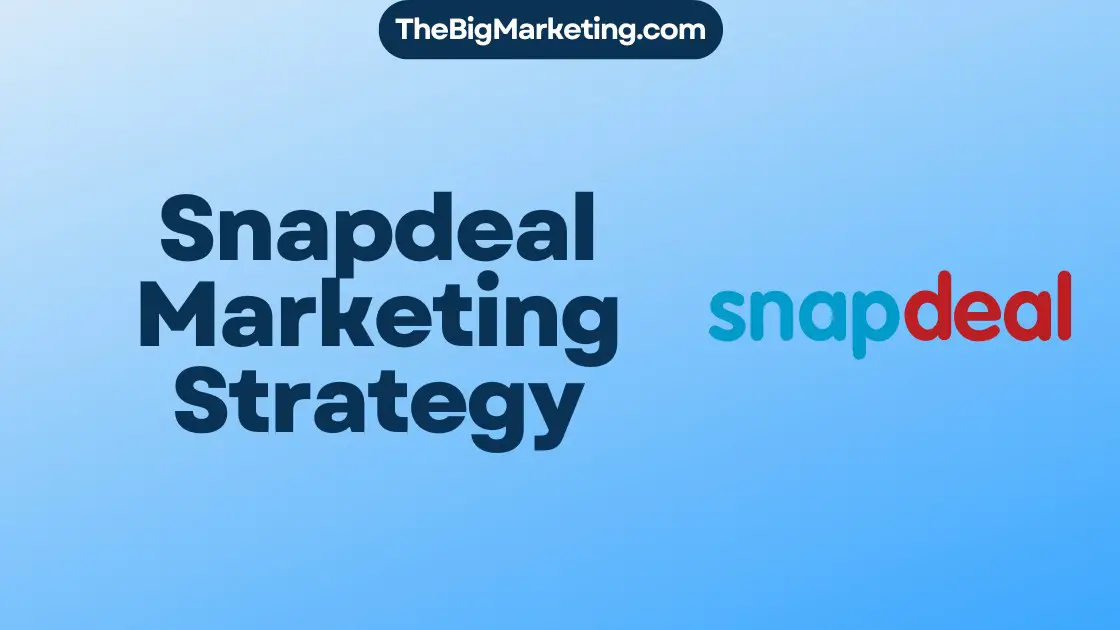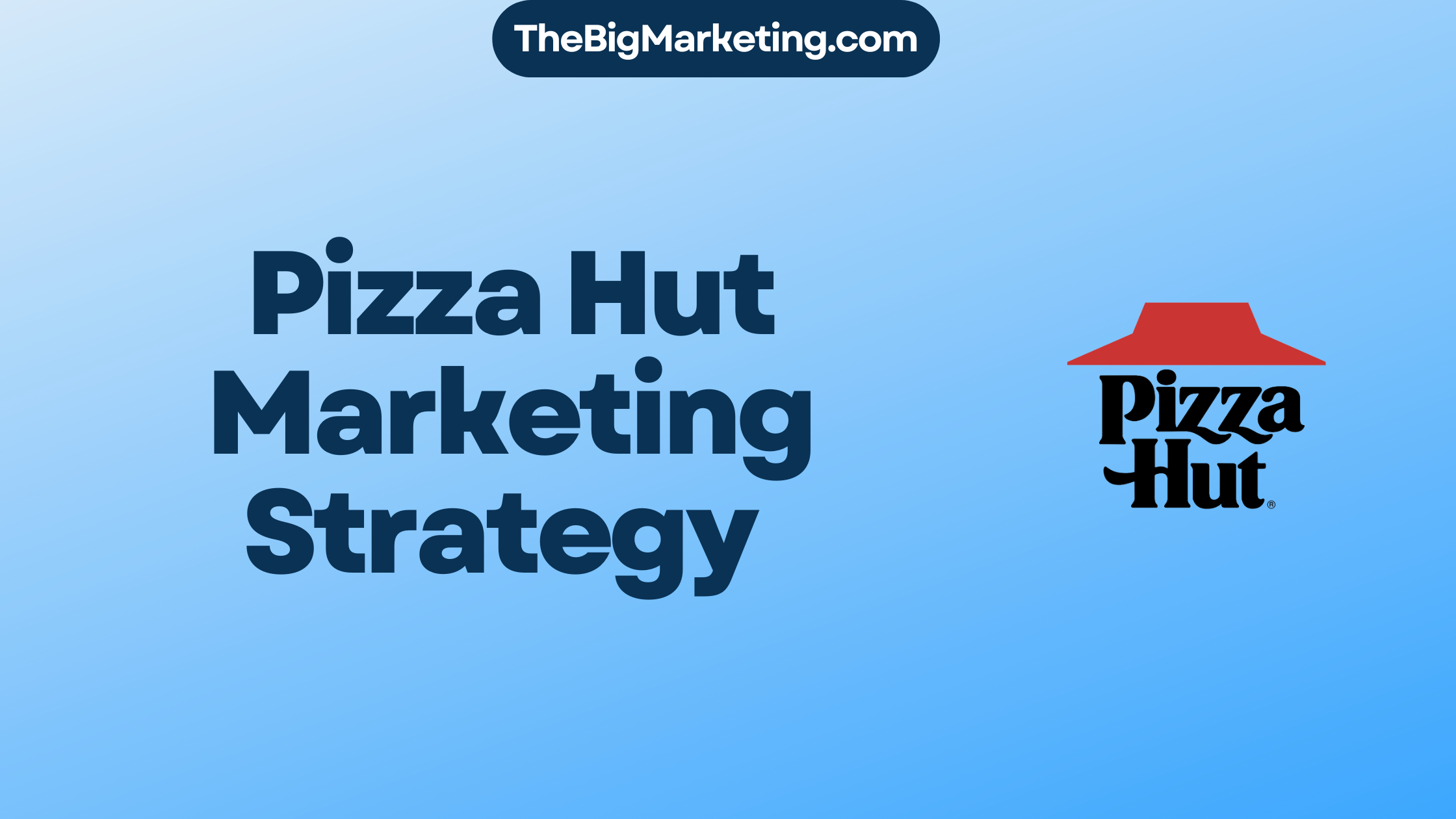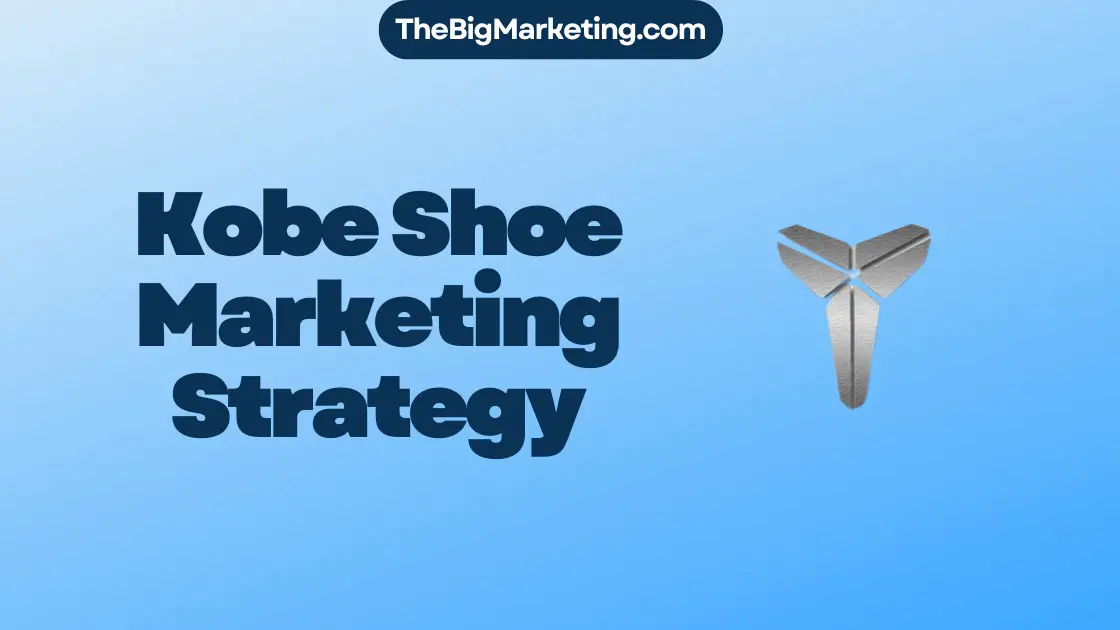Booking.com, the world’s largest online travel agency, has established itself as a leader in the hospitality industry through its innovative marketing strategies. By harnessing the power of digital marketing, Booking.com has successfully promoted its hotel booking website and optimized its online travel agency (OTA) performance. In this case study, we will delve into the tactics used by Booking.com to enhance its brand awareness and engage customers effectively.
Since 2009, Booking.com has utilized social media as a key component of its marketing strategy. The company leveraged paid advertising and organic tactics on platforms like Facebook, Instagram, and YouTube to reach its target audience. With a strong focus on visual content, particularly through Instagram, Booking.com has captivated users and embraced the influential power of social media.
Booking.com’s use of influencers has greatly contributed to its marketing success. By partnering with popular travel influencers, the company has been able to tap into new audiences and expand its reach. These partnerships have helped Booking.com showcase its destinations and accommodations, ultimately driving traffic to its platform.
To further engage customers, Booking.com employs interactive posts, contests, and giveaways on its social media platforms. By actively interacting with users and personalizing responses, the company has cultivated a loyal following and positioned itself as a customer-centric travel site.
In addition to its social media prowess, Booking.com harnesses the power of search engine optimization (SEO) to enhance its visibility in the online travel market. By optimizing its website and content, the company ensures that it ranks highly in search engine results, boosting its organic traffic and attracting potential customers.
This case study will explore how Booking.com’s digital marketing strategies have propelled its online success in the hospitality industry. We will delve into their social media tactics, visual content creation, and customer engagement techniques, providing valuable insights for businesses in the travel sector looking to optimize their own online presence.
Key Takeaways:
- Booking.com utilizes social media platforms like Facebook, Instagram, and YouTube to promote its hotel booking website and engage its target audience.
- The company leverages visual content and partnerships with influencers to expand its reach and attract new customers.
- Booking.com actively interacts with users through interactive posts, contests, and personalized responses, fostering a customer-centric approach.
- Search engine optimization (SEO) plays a crucial role in boosting Booking.com’s online visibility and attracting organic traffic.
- This case study offers valuable insights into how businesses in the travel industry can optimize their online presence and enhance customer engagement.
About Booking.com
Booking.com is an online travel agency and travel metasearch engine that specializes in lodging reservations. It is owned by Booking Holdings, the largest online travel company globally. With a wide range of accommodation options and additional travel-related services such as activities, tours, and transportation, Booking.com provides a comprehensive platform for travelers. In 2018, Booking.com was ranked as the second most valuable brand in the travel industry, just behind Expedia Group.
As an online travel agency, Booking.com allows users to search, compare, and book accommodations from various providers. The platform offers a user-friendly interface, allowing travelers to easily find the perfect lodging for their needs. With its extensive network and partnerships, Booking.com provides access to a diverse range of lodging options, from hotels to vacation rentals, apartments, and more.
Booking Holdings: The Powerhouse behind Booking.com
Booking Holdings, formerly known as Priceline Group, is the parent company of Booking.com. It is a leader in the online travel industry, providing various travel services across multiple platforms. Alongside Booking.com, Booking Holdings operates other well-known brands such as Kayak, Agoda, and OpenTable.
With its global presence and vast resources, Booking Holdings ensures that Booking.com remains a dominant force in the travel industry. The company’s expertise and industry knowledge contribute to the continuous growth and success of Booking.com as an online travel agency.
To cater to a global audience, Booking.com is available in 43 languages, catering to travelers from around the world. This extensive language support allows users to access and navigate the platform conveniently, regardless of their native language.
With millions of monthly visits, Booking.com has established itself as a go-to platform for travelers seeking lodging reservations. In July 2019 alone, the website recorded 697 million visits, highlighting its popularity among travelers worldwide. Additionally, Booking.com emphasizes mobile experience, with an 87% rating for its mobile platform. This commitment to user-friendly interfaces and accessibility contributes to its status as a leading online travel agency.
The Tourism Marketing Strategy Behind Booking.com’s Online Success
Booking.com has solidified its online presence through a meticulously crafted tourism marketing strategy. The company has placed a primary focus on customer engagement using various social media tactics that resonate with their target audience. By utilizing interactive posts, contests, and giveaways, Booking.com actively encourages online communities to participate and interact with their brand. This strategy has not only resulted in increased brand awareness but also fostered a sense of customer loyalty and engagement.
One of the key elements contributing to Booking.com’s success is its emphasis on visually captivating and engaging content. Through platforms like Facebook and Instagram, the company strategically showcases visually appealing images and videos to captivate their audience’s attention. By providing high-quality content that sparks the desire for travel experiences, Booking.com effectively drives customer engagement and brand recognition.
Booking.com distinguishes itself from competitors by actively engaging with users on social media platforms. By consistently responding to comments and personalizing their interactions, the company creates a genuine connection with its customers. This customer-centric approach strengthens the bond between Booking.com and its users, positioning the brand as a trusted and friendly travel site.
The integration of user-generated content and reviews further enhances the brand’s reputation and credibility. Booking.com understands the powerful influence of user-generated content in influencing travel decisions. By showcasing real experiences and testimonials from satisfied customers, the company effectively builds trust, confidence, and brand loyalty among its target audience.
With its comprehensive approach to tourism marketing, Booking.com has effectively established itself as a leader in the online travel industry. By leveraging social media tactics, prioritizing visually captivating content, encouraging customer engagement, and utilizing user-generated content, Booking.com has successfully built a strong online presence and achieved remarkable brand awareness.
| Social Media Tactics | Key Benefits |
|---|---|
| Interactive posts | Encourages customer participation and engagement |
| Contests and giveaways | Creates excitement and generates interest |
| Personalized responses to comments | Fosters a sense of connection and trust |
| User-generated content and reviews | Enhances brand credibility and trustworthiness |
Booking.com Tourism Marketing Strategy for Facebook
Booking.com has implemented a successful tourism marketing strategy on Facebook, leveraging visually appealing content to engage users and attract their attention. By sharing high-quality images and videos showcasing destinations worldwide, Booking.com provides users with a behind-the-scenes look at the unique experiences they can expect when staying in their accommodations.
In addition to captivating content, Booking.com actively encourages user engagement through various strategies. One effective method is hosting contests and giveaways, which not only incentivize users to interact with the brand but also inspire them to share their entries, increasing brand visibility and reach.
What sets Booking.com apart on Facebook is its commitment to interacting with users. The company prioritizes responding to comments, demonstrating a personalized and customer-focused approach. By acknowledging users’ inquiries, appreciating their feedback, and addressing their concerns, Booking.com creates a sense of community, encouraging repeat engagement and fostering trust in their brand.
Booking.com’s exceptional tactics of visually appealing content, user engagement, contests and giveaways, and interaction with users have resulted in its popularity and success as a leading travel booking website. With its constant efforts to provide innovative and engaging experiences, Booking.com is continuously enhancing its tourism marketing strategy on Facebook to cater to its diverse audience.
Booking.com on Instagram
When it comes to visual content and travel inspiration, Booking.com excels on Instagram. The brand’s Instagram page is a treasure trove of stunning videos and pictures that showcase various destinations around the world. From breathtaking landscapes to iconic landmarks, their posts are carefully curated to ignite the desire to explore new places.
Booking.com’s Instagram feed is filled with well-edited content that captures the essence of each location. The high-quality visuals beautifully convey the unique experiences awaiting travelers, providing them with a visual sneak peek of what they can expect. These captivating images and videos aim to inspire users to pack their bags and embark on their next adventure using Booking.com’s services.
One of the standout aspects of Booking.com’s Instagram strategy is their effective use of Instagram features. The brand leverages carousels to showcase multiple images of a destination in a single post. This allows users to swipe through a series of captivating visuals, immersing themselves in the beauty and diversity of different places.
Similarly, Booking.com utilizes Instagram’s reels feature to engage users through short, creative videos. These reels provide users with a dynamic and interactive visual experience, bringing destinations to life with a mix of captivating visuals and engaging content.
Overall, Booking.com’s Instagram page is a source of travel inspiration for wanderlust-filled users. It effectively combines visually stunning content with the power of Instagram’s features to create an immersive experience that entices followers to explore the world and consider utilizing Booking.com’s platform for their travel bookings.
Booking.com’s Instagram Highlights:
| Features | Benefits |
|---|---|
| Visually appealing content | Captivating images and videos that inspire travel |
| Travel inspiration | Showcasing diverse destinations to spark wanderlust |
| Instagram features | Utilizing carousels and reels for enhanced user engagement |
| Destination exploration | Encouraging users to discover new places and plan their trips |
Booking.com on YouTube
Booking.com utilizes YouTube as a platform to share captivating travel videos, providing viewers with a unique and immersive experience. One of the standout series on Booking.com’s YouTube channel is “Local Guides,” where locals from various towns showcase the best places to visit in their hometowns. These videos offer personalized travel advice, making viewers feel like they’re receiving recommendations from a trusted friend. The engaging content establishes a sense of connection between the audience and the featured destinations.
Booking.com’s travel videos on YouTube not only entertain but also inspire viewers to explore new places and plan their next adventure. By showcasing the hidden gems and local insights, the Local Guides series offers a wealth of information to help travelers make the most of their trips. The combination of stunning visuals and genuine storytelling creates an immersive viewing experience that leaves a lasting impression.
Personalized and Authentic Travel Advice
The Local Guides series on Booking.com’s YouTube channel stands out for its personalized and authentic travel advice. Unlike generic travel videos, these guides provide insider knowledge based on firsthand experiences. Viewers gain access to local secrets, off-the-beaten-path attractions, and cultural insights that cannot be found in guidebooks.
Booking.com’s Local Guides series showcases the diversity of travel experiences and offers a platform for local voices to be heard. By featuring locals who are passionate about their hometowns, the videos create a sense of authenticity and trust. Travelers can rely on the recommendations for a truly personalized and enriching adventure.
Immersive Destination Exploration
The travel videos on Booking.com’s YouTube channel transport viewers to different parts of the world, providing a virtual exploration of captivating destinations. From bustling cities to serene natural landscapes, the videos bring the essence of each place to life. With high-quality visuals and expert storytelling, viewers can immerse themselves in the beauty and charm of these destinations.
Booking.com’s commitment to showcasing diverse locations through their travel videos allows viewers to discover new places and cultures from the comfort of their homes. The immersive experience sparks curiosity and inspires viewers to add these destinations to their travel bucket lists.
Booking.com has successfully leveraged YouTube as a powerful tool for sharing travel experiences and promoting their brand. By providing personalized travel advice and offering immersive destination exploration, Booking.com’s YouTube channel enriches viewers’ travel inspirations and encourages them to explore the world.
The Most Powerful Tourism Marketing Campaigns of Booking.com
Booking.com is renowned for its ability to execute creative and impactful travel marketing campaigns. The company consistently engages its audience and achieves brand recognition through its innovative strategies. Let’s explore some of the most noteworthy campaigns that have propelled Booking.com to the forefront of the industry.
#BackToTravel Campaign: Igniting Excitement and Wanderlust
Amidst the global slowdown in 2020, Booking.com launched the #BackToTravel campaign, aiming to reignite people’s enthusiasm for exploring the world. This influential campaign featured travel influencers who shared their personal stories, tips, and experiences, inspiring audiences to plan their long-awaited trips once again. Through inspiring content and relatable narratives, #BackToTravel sparked wanderlust and encouraged travelers to book their next adventure through Booking.com.
#AmericaIsForEveryone: Celebrating Diversity and Inclusion
Booking.com recognizes the importance of diversity and inclusion in the travel industry. In collaboration with organizations representing different demographics in America, Booking.com launched the #AmericaIsForEveryone campaign. This empowering initiative aimed to celebrate the diverse travel experiences available throughout the United States. Through inspiring stories, visuals, and testimonials, the campaign highlighted the experiences and perspectives of travelers from various backgrounds, showcasing the inclusivity of American destinations.
#BookingHero: Recognizing Outstanding Service
The #BookingHero campaign is an exceptional testament to Booking.com’s commitment to customer service and satisfaction. This unique initiative acknowledges individuals within the travel industry who go above and beyond to make travelers’ experiences truly unforgettable. The campaign sheds light on the unsung heroes, such as hotel staff, tour guides, and local hosts, who have made a significant impact on travelers’ journeys. Through heartwarming stories and powerful testimonials, #BookingHero instills trust in Booking.com and establishes the brand as a reliable resource for exceptional travel experiences.
Booking.com’s tourism marketing campaigns consistently demonstrate the company’s dedication to engaging customers and promoting their brand through powerful storytelling and impactful strategies. These campaigns leverage inspiring content, travel influencers, and a deep understanding of travelers’ desires and aspirations. With each initiative, Booking.com solidifies its position as a leader in the travel industry and continues to inspire millions of people to embark on their next unforgettable journey.
Booking.com’s Digital Marketing Strategy
Booking.com employs a comprehensive digital marketing strategy to drive its success in the highly competitive online travel industry. At the core of this strategy is a customer-centric approach that focuses on building brand awareness and engaging a wide audience. Through content marketing, social media advertising, and collaborations with influencers, Booking.com maximizes its reach and inspires travel enthusiasts to explore new destinations.
One key aspect of Booking.com’s digital marketing strategy is mobile optimization. Recognizing the shift towards mobile usage, the company has developed user-friendly mobile apps and tools that cater to the needs of travelers on the go. By prioritizing mobile optimization, Booking.com ensures seamless browsing and booking experiences for its customers, enhancing their satisfaction and loyalty.
Another key element of the strategy is the implementation of loyalty programs. These programs are designed to enhance customer retention and engagement by offering exclusive benefits and rewards to loyal Booking.com users. By fostering customer loyalty, Booking.com builds a community of satisfied travelers who are more likely to choose the platform for their future bookings.
Booking.com’s digital marketing strategy is driven by data-driven tools and insights. With a vast amount of data at its disposal, the company harnesses the power of analytics to provide personalized services and tools for its partners. This strategic use of data allows Booking.com to tailor its offerings to the specific needs and preferences of its customers, driving business growth and customer satisfaction.
In addition to leveraging data, Booking.com understands the importance of search engine optimization (SEO) in increasing organic exposure and improving search engine rankings. The company invests in optimizing its website and content to ensure maximum visibility to potential customers looking for travel options on search engines.
Overall, Booking.com’s digital marketing strategy combines a customer-centric approach, brand awareness initiatives, mobile optimization, loyalty programs, and data-driven tools to create a powerful and effective marketing ecosystem. This strategy not only positions Booking.com as a leader in the online travel industry but also provides a seamless and personalized experience for travelers worldwide.
Booking.com’s Digital Marketing Strategy at a Glance:
| Key Elements | Description |
|---|---|
| Customer-Centric Approach | Putting customers at the center of all marketing activities to meet their needs and preferences. |
| Brand Awareness | Building a strong brand presence through content marketing, social media advertising, and influencer collaborations. |
| Mobile Optimization | Developing user-friendly mobile apps and tools to cater to the growing demand for mobile browsing and booking. |
| Loyalty Programs | Offering exclusive benefits and rewards to enhance customer retention and engagement. |
| Data-Driven Tools | Utilizing data analytics to provide personalized services and tools for partners. |
| Search Engine Optimization (SEO) | Optimizing website and content to increase organic exposure and improve search engine rankings. |
Conclusion
Booking.com’s marketing strategy has been instrumental in solidifying its position as the world’s largest online travel agency. By employing a combination of effective social media tactics, visually appealing content, and interactive campaigns, the company has successfully built a robust online presence and engaged customers from all corners of the globe.
One of the key strengths of Booking.com’s marketing approach is its focus on delivering personalized experiences to its customers. By leveraging mobile optimization, loyalty programs, and data-driven tools, the company has ensured a customer-centric approach that enhances brand awareness and fosters long-term loyalty.
Through continuous innovation and a deep understanding of the digital marketing landscape within the hospitality industry, Booking.com has revolutionized the way travelers search, book, and experience accommodations worldwide. Its strategic emphasis on customer engagement and brand awareness has propelled the company to the forefront of the online travel agency market, making it a trusted and go-to choice for millions of travelers.





